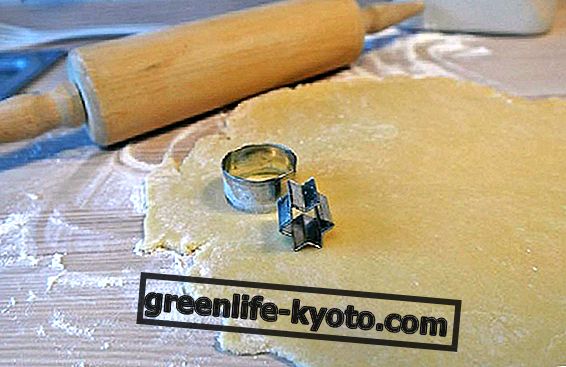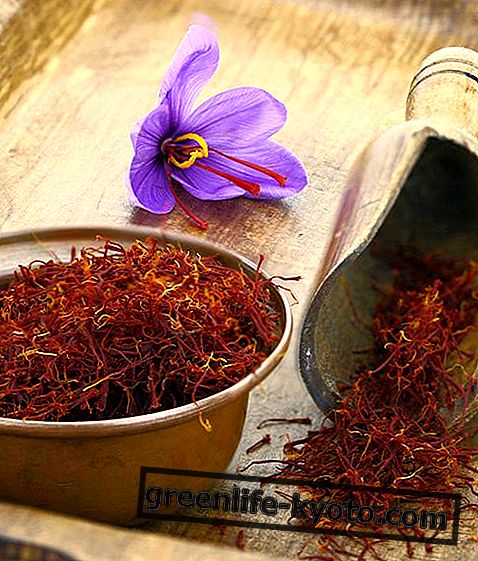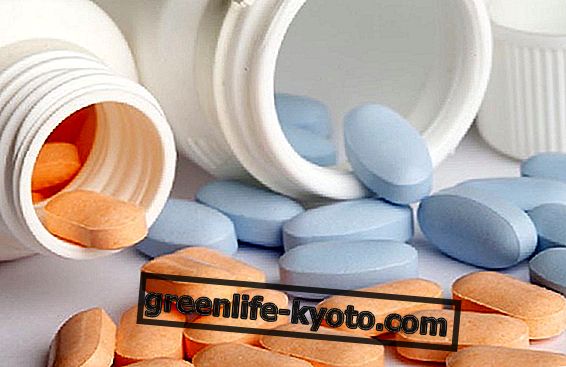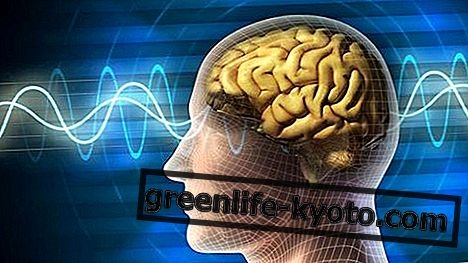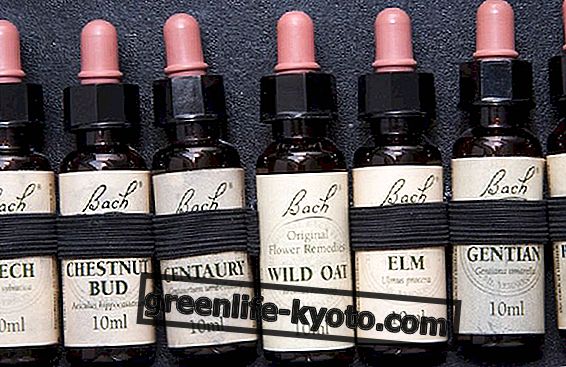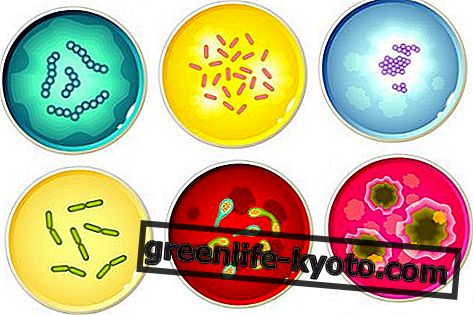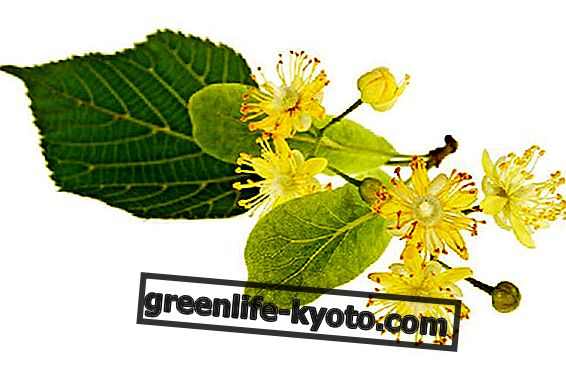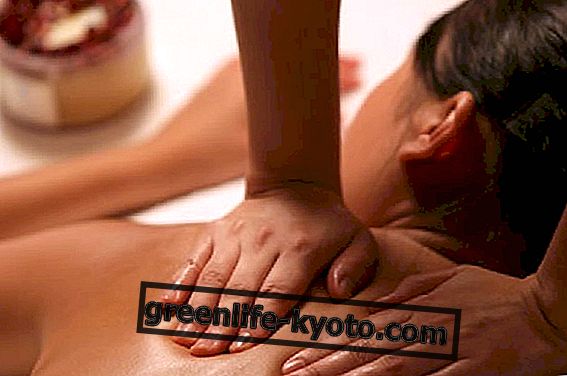
What is the use of Ginkgo Biloba according to phytotherapy? For whom is it indicated? What contraindications does it present? These are the questions we should always keep in mind when dealing with natural remedies in general.
In the specific case of Ginkgo Biloba these questions are even more important because this plant has very effective properties and can interact with some drugs, so we always ask our attending physician for advice before using it and explain to our trusted herbalist what drugs we are taking and for which pathologies.
Ginkgo Biloba, directions
Ginkgo Biloba is a plant that has passed unharmed through the geological eras and nuclear radiation of Hiroshima to get to the present day.
He is a highlander, the plant of rebirth and so what indication should we think about? It is an anti-aging remedy that keeps our brains young!
It is rich in antioxidants and terpenes, it helps to preserve memory and concentration . The Ginkgo Biloba is in fact indicated to support students, but also for the elderly to prevent cognitive impairment.
In addition to this indication linked to its analogical meaning, the remedy is recommended for problems affecting both arterial and venous circulation and capillary permeability, thanks to the presence of flavonoids, which collaborate in vessel toning, against varicose veins, cellulite, edema.
It can contribute to the prevention of atherosclerosis and consequently of possible ischemia. Ginkgo Biloba is very often recommended for some forms of vascular tinnitus, to attenuate the perceived buzzing and for vertigo syndromes.
Another interesting indication of Ginkgo Biloba is for intermittent claudication, a disorder that involves the lower limbs and limits walking due to the formation of fats such as cholesterol, calcium salts, connective tissue, which thus compromise the normal blood flow, with dangerous as well as painful occlusions.
Ginkgo Biloba, contraindications
Ginkgo Biloba as a phytotherapeutic remedy has no real contraindications, but is not recommended for those who use anticoagulant drugs . In fact, it can enhance its action and become the cause of possible side effects such as bleeding.
This is due to the presence of ginkgolide B, an effective antagonist of the platelet activating factor, the so-called PAF, which favors its aggregation.
Instead, as far as the Ginkgo Biloba plant is concerned , if you are lucky enough to have one for generations in your garden, be careful not to ingest its fruits or seeds, because they can be toxic and cause convulsions.
Ginkgo Biloba, how to take it
In herbal medicine or pharmacy we find Ginkgo Biloba in standardized extract in triterpenes and flavonoids, in drops or in dry extract.
For these preparations only the leaves are used to avoid the administration of ginkgolic acids such as those contained in seeds and fruits, which are toxic.
The recommended daily dose is 120 mg divided into 2 or 3 times.


